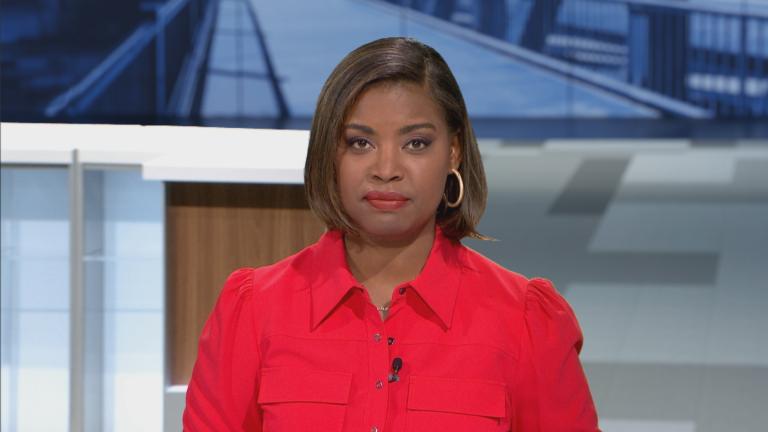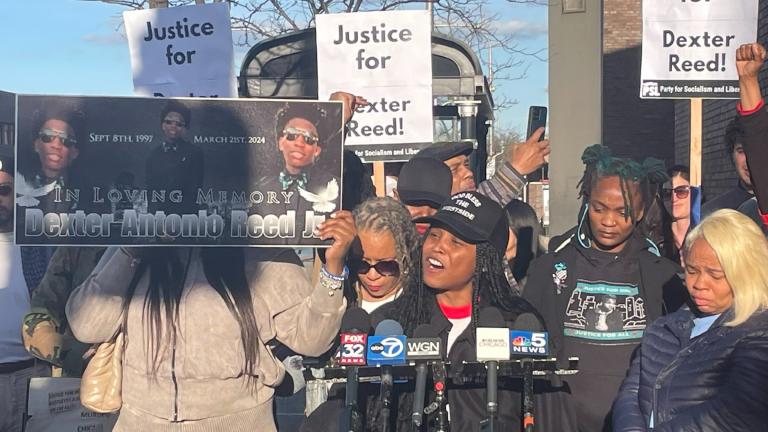A grassroots movement to end homelessness in Chicago is calling on the city to address the problem long term.
In June, the Chicago Coalition for the Homeless gave Mayor Lori Lightfoot a failing report card on her administration’s progress on the issue. Now, they’re rallying support among City Council members for their Bring Chicago Home campaign.
The proposal would increase the city’s real estate transfer tax, a one-time tax paid when a property is sold, by nearly 2% on properties over $1 million. The coalition says it would impact about 4% of properties sold, and would generate $163 million to fund permanent affordable housing with wrap around services.
Caesar Hill, a member of Organizing Neighborhoods for Equality Northside, said the need for long-term solutions is increasingly urgent.
“In 2019, just prior to the pandemic, there were more than 58,000 people in Chicago experiencing homelessness. Of those, nearly 13,000 were children, over 34,000 were Black and over 14,000 were Latinx,” Hill said. “Most people become homeless due to economic reasons, and housing in Chicago is not built on what you earn. In Chicago, you must earn $25.77 an hour to afford a two-bedroom apartment and a minimum wage is currently $15.”
Hill noted that Black Chicagoans are particularly affected by housing instability.
“African Americans represent three out of four of the people who are experiencing this condition of being unsheltered,” Hill said. “Bear in mind we want all people who are unsheltered to have their home, a permanent home, with the wraparound services. But whenever a group is overrepresented as such, that is where more effort needs to be made.”
Harry Williams, a grassroots organizer with the Chicago Coalition for the Homeless, said the need for affordable housing is especially acute on Chicago’s West Side.
“The West Side, they have some of the highest rates of homelessness in Chicago. In 2021 school year, the 27th Ward, which is [Alderman Walter] Burnett’s ward, in the 20th ward, which is [Alderman Jason] Ervin’s ward, were the second and third highest numbers of homeless students,” Williams said. “The 27th and the 28th ward … had the first and second highest numbers of shelters…there are also high numbers of people living doubled up or staying temporarily with others. West Side neighbors had it right around like 18,394 people living doubled up in 2019.”
Williams and Hill say they believe creating a long-term funding source is the best way to address the crisis.
“The funding needs to be legally dedicated so that it’s not subject to budget cuts or the priorities of a particular administration. While they’re in office, the fund will be used for permanent housing and wraparound services. And we need funding every year for that,” said Williams. “Dedicated funding is not new to Chicago. We have 18 dedicated funding streams as we speak now that make up the $1 billion dollar city budget. Currently there’s dedicated funding for road repairs, dedicated funding for libraries and dedicated funding for tourism, but there isn’t dedicated funding for homelessness.”








